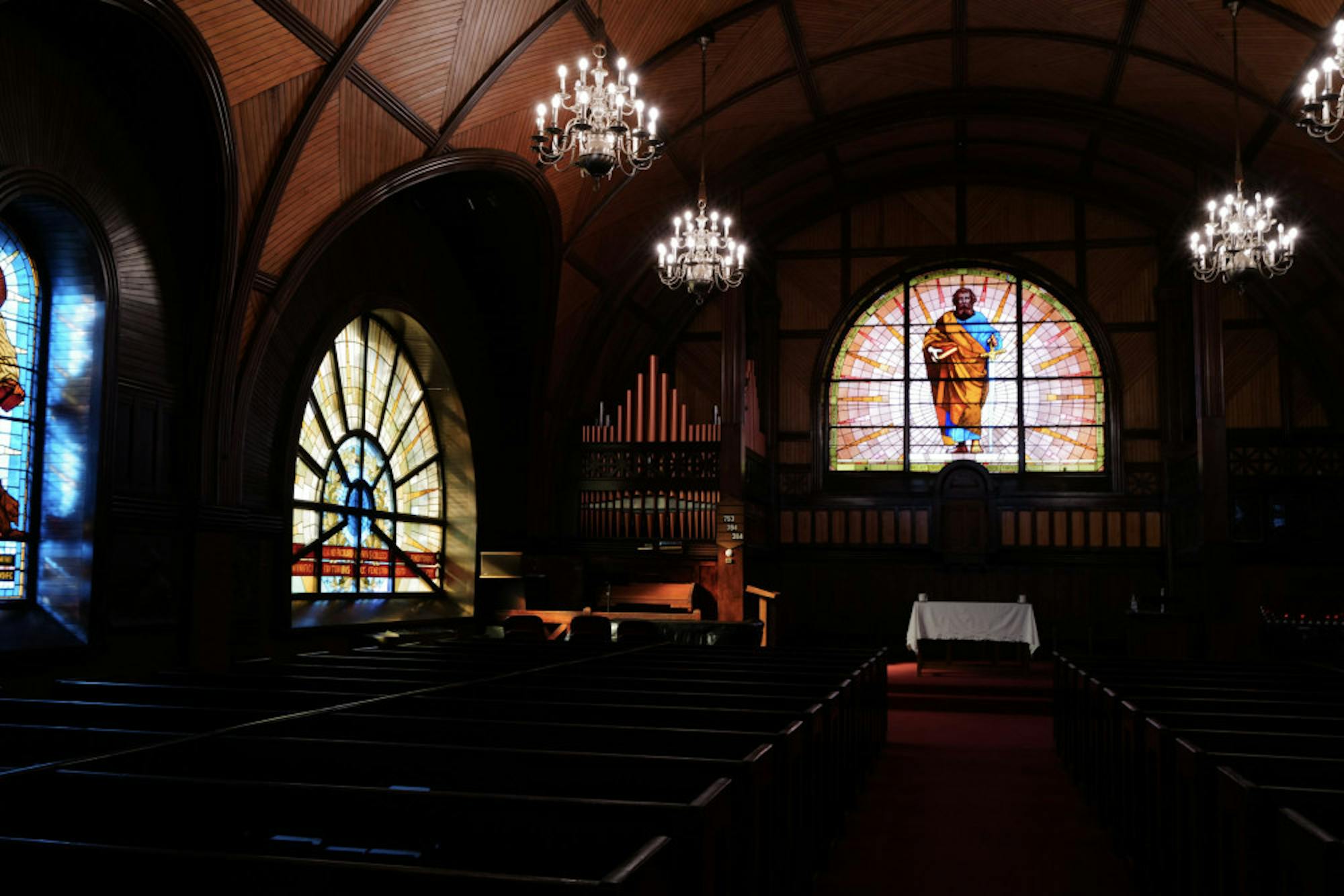Content warning: This article contains mentions of suicide.
I struggled with whether to write this piece. I write this not as a sign of disrespect towards anyone, but to express my disappointment that this year’s Wendell Phillips Address, the speech at the Baccalaureate Ceremony given by the winner of the Wendell Phillips Award, won’t highlight a story that reflects my experiences at Tufts. The speech is billed as a message to the graduating class on the lessons we learned here and a reminder of the importance of civic engagement in fostering a brighter future. It was the perfect opportunity to tell my unique Tufts story.
I applied to give the address because when I look around, I don’t see stories like mine being told. In my speech, I explained how I fell into a calling of public service as a result of the pandemic and how that led me to a crash course with my family’s history. I also reflected upon the feeling of alienation that came to define my time here. As open as I was, I still felt the need to hold back the grittiest part of my story.
Freshman spring, I nearly took my own life. For weeks, I teetered on the metaphorical edge with a fervent belief that my life was so unbearable it would be better to end it. I can’t point to a single thing that stopped me from going through with it, but I’ll always be grateful for my mother, who picked up the phone as I called her spluttering and stuttering that I just couldn’t do it anymore; Professor Fahlberg, who was the only professor who reached out to me after I disappeared from all my classes for a month; and my twin brother, who came to visit over his spring break. I don’t know if I’d be here today without them.
This isn’t the kind of story you’d find on Tufts Now or in the senior profiles of the Daily’s Commencement edition; that’s why I sought to tell it. But on the day of the audition, I was hit with the all-too-familiar feeling of self-doubt. Listening to the others’ speeches, I felt like I had done my speech wrong — that my story was too out there, too novel, simply too different.
My time at Tufts has been dominated by my struggle to pick up the pieces of my life in the aftermath of that semester. In writing my speech, I struggled for the longest time to think of anything positive I had taken away from my experience. After everything I’d gone through, could you blame me?
I found my answer hidden away in the deepest crevices of my mind. Somewhere along this four-year journey the war in my mind subdued, the empty Zoloft containers stopped piling up, the family banquet dinners became a blessing, not a burden, and quesadillas at 2 a.m. made this hellhole feel a little more like home.
Until now, I haven’t shared this story with many people. I’ve always felt the need to hide behind a veil of perfection — a stubborn belief that it was better to bite my tongue because it was too intense of a story. It’s true, there’s no easy way to bring this up, but what gets lost when a story goes untold? In doing this, we inadvertently send a message to people like me that they’re right — they are not welcome here.
This isn’t a call to overturn the Committee on Student Life’s decision or a claim that the winner doesn’t deserve the honor. All I ask is that you stop and consider what would’ve been lost had I not had the courage to come forward and share this here.
I know stories like mine are far more common than we let on. I met my closest friend at Tufts because we both had similar experiences that semester — and I know it can’t possibly be just the two of us. It’s high time for me to tell my story in all its gritty details. For all those who’ve felt marginalized, alone or unwelcome here, this story is for you.






